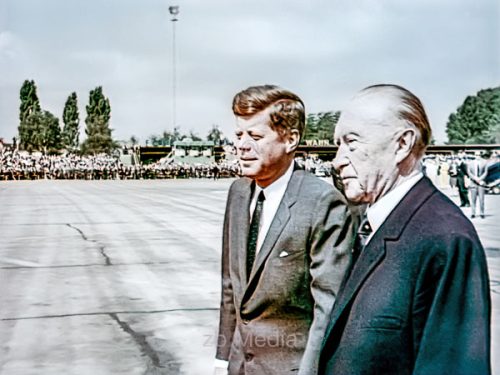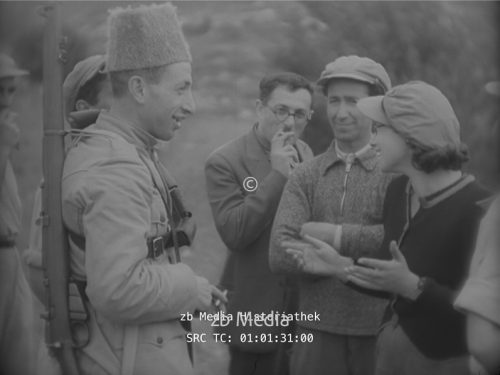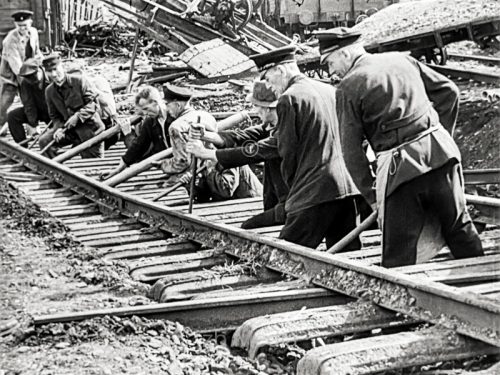Nazi boycott of Jewish businesses Berlin 1933. The film shows the boycott of Jewish shops in Berlin by the SA on 1.4.1933. Film length 1:27. A licence fee of 3 x 30 seconds is charged to acquire a licence for the complete contribution.
Nazi boycott of Jewish businesses Berlin 1933
Description
Nazi boycott of Jewish businesses Berlin 1933
Nazi boycott of Jewish businesses
Historical background
The boycott of Jews, which took place in Germany on 1 April 1933, was an action organised by the National Socialist German Workers’ Party (NSDAP) under the leadership of Julius Streicher against Jewish businesses, doctors and lawyers. The SA, the Sturmabteilung or “Brown Shirts”, played an important role in organising the boycott.
The boycott was part of a broader NSDAP strategy to economically harm, discriminate against and isolate Jewish citizens. The boycott day was intended to increase public pressure on Jewish businesses and reduce the influence of Jewish businessmen in German society.
During the boycott, Jewish shops were labelled with Star of David posters to identify them to German customers. SA members patrolled outside Jewish shops to deter potential customers and prevent purchases. This had serious economic consequences for many Jewish businesses and caused considerable financial losses.
The boycott of Jews in April 1933 was an early example of the systematic discrimination and persecution of the Jewish population in National Socialist Germany. It was an important step on the way to the later adoption of anti-Semitic laws and ultimately the Holocaust.
It is important to note that the boycott and the associated discrimination and persecution of the Jewish population are a dark chapter in German history. The events of that time serve as a reminder of the importance of defending human rights and combating discrimination and hatred.






